Albert Einstein was invited by the Israeli government to be President, but he refused
Albert Einstein, besides being known as a genius and with his famous theory of relativity, was also a prominent political activist throughout his life.
He used his reputation and influence to support the ideals he pursued, condemned Fascism in Germany, lobbied the state of Israel, and criticized racism in the United States.
By the end of his life, he even had the opportunity to become the second President of Israel but respectfully refused. Israel's first president, Chaim Weizmann, insisted Einstein was "the greatest Jew alive" and wished he could become the successor. However, Einsten, then 73 years old, was not even an Israeli citizen; He said that his advanced age, lack of experience, lack of skills to lead people was the reason he didn't make the right choice.
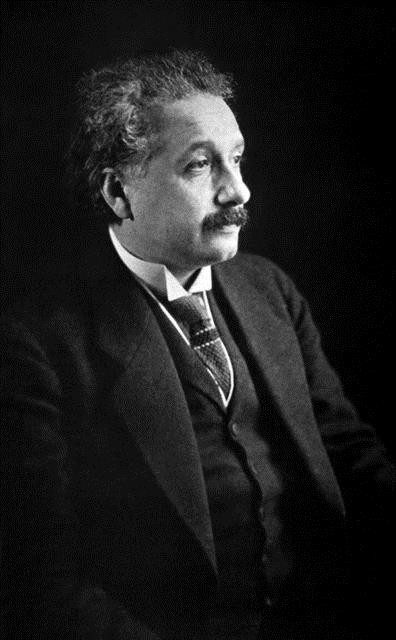
Einstein on a visit to the United States
Einstein was involved in socio-political activities very early. In 1919, after Einstein's theory of relativity was published, he almost became famous overnight.
Instead of restricting himself to only talking about science when interviewed, Einstein also expressed his political views.
However, according to The Smithsonian , his friends warned him from the beginning that he should not use his reputation to join politics, advising him to stop because he may not know that he was referring. What's the problem.
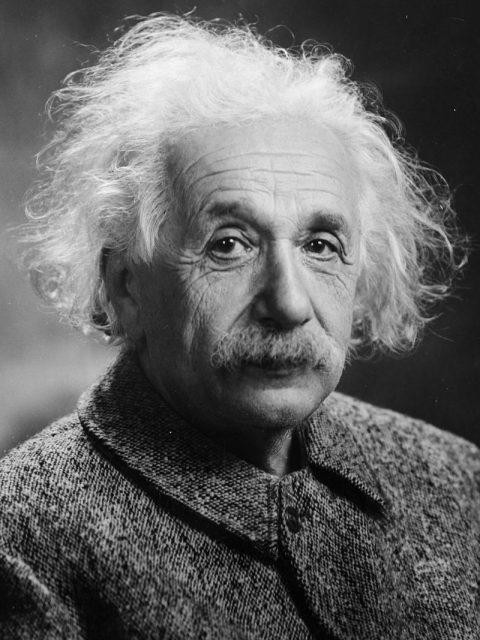
Einstein in 1947
Einstein was a pacifist and advocated for different ideals. Before Hitler came to power, the physicist condemned the mandatory military service in Europe, as well as against anti-Semitism and Nazi ideals.
He also spoke out about the racism he encountered on trips to the United States, protesting the injustices that prevailed in society at the time.
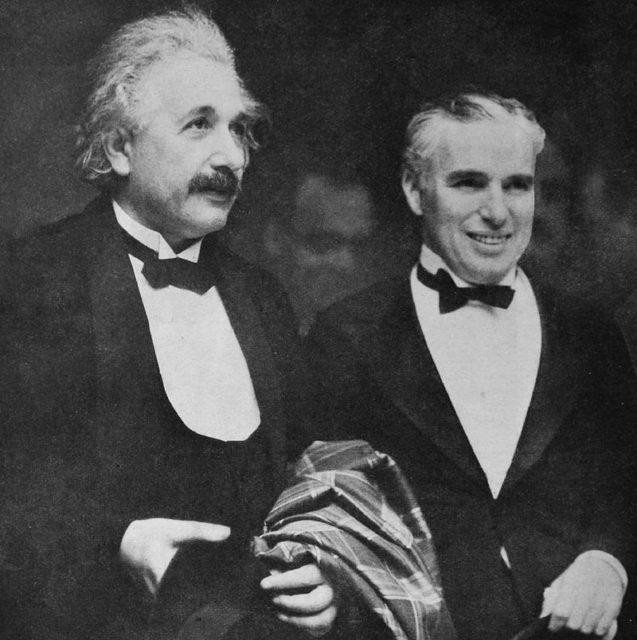
Albert Einstein and Charlie Chaplin at the premiere of City Lights in Los Angeles. Einstein said that Chaplin was the only person in Hollywood he wanted to meet
When Hitler came to power in January 1933, Einstein was in the United States, escaping the Jewish genocide at the time, and had just accepted a job in California a month earlier. As the Nazi Party expanded its power, Einstein's view also grew.
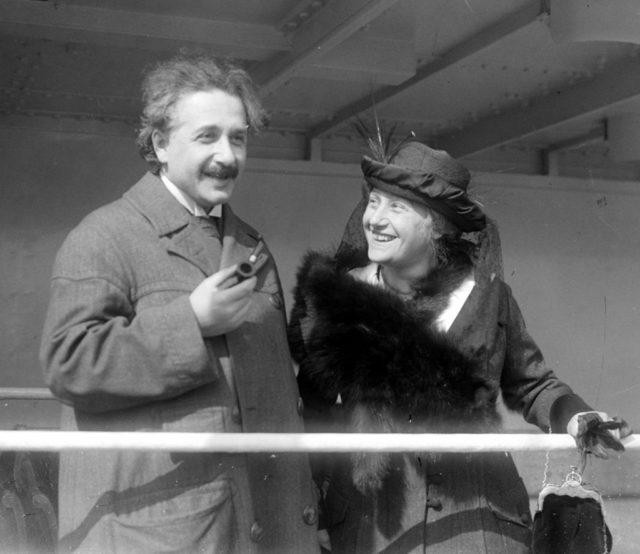
Einstein with his wife Elsa
According to The Atlantic , he realized that peace was no longer an option, and the most important problem that Europe faced was seeking to defeat Hitler, at any cost. His statements and outspoken criticisms of the German government continued to hinder Einstein's scientific career and attack on Jewish origins.
This reduced his enthusiasm for speaking out against Hitler and Einstein's government behind him. From 1939 to 1940, he even wrote to President Roosevelt, advising the president to support the atomic bomb campaign even though Einstein himself did not participate in it.
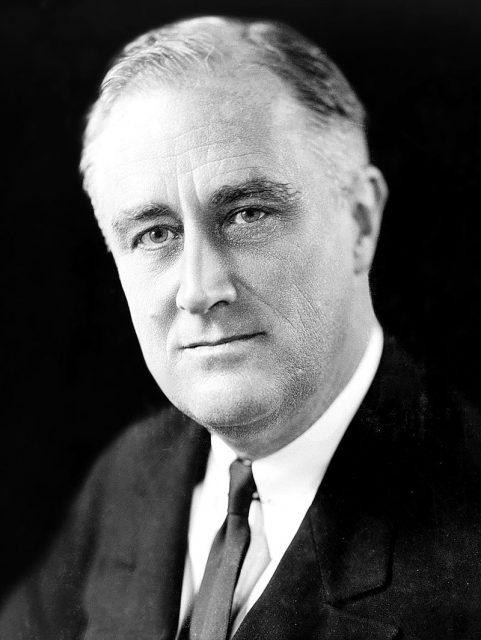
Franklin Delano Roosevelt, 1933
Scientists felt that America needed to be able to resist Germany if it was also a great power.
However, he received immense pain and remorse when he learned the consequences of the atomic bomb in Hiroshima.
The job he received in California when he first came to the United States was only a temporary position, but then he had the opportunity to work at the Intensive Research Institute in Princeton, NJ, until his death. in 1955.
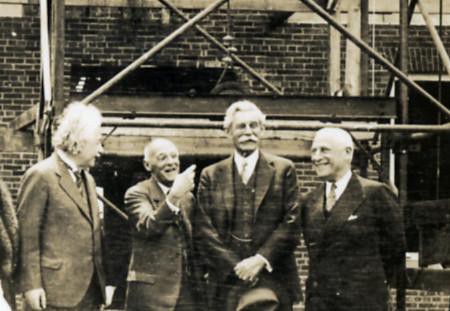
Einstein, Flexner, John R. Hardin, and Herbert Maass at the foundation ceremony of the Fuld Hall, at the Intensive Research Institute on May 22, 1939
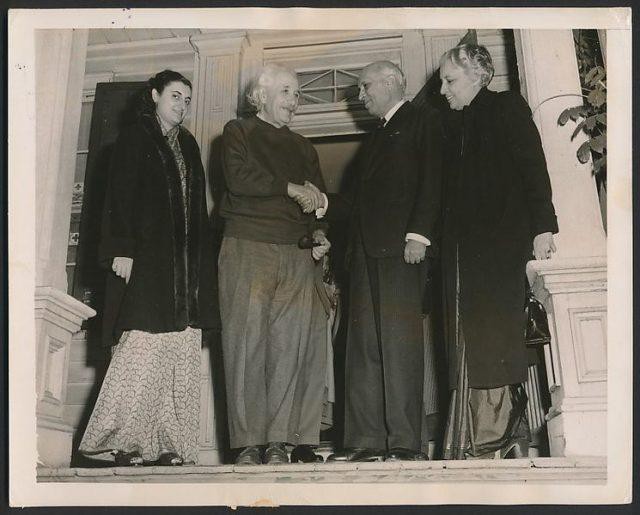
Nehru and Indira Gandhi visited Einstein
Einstein was also an important player in the founding of the State of Israel. The Guardian recorded the process of Israel's use of Einstein's help to persuade India to support Israel's sovereignty. The Israeli analyst joked in Time magazine at the time: "He can even apply math to our economy and make it possible."
Although unsuccessful, Einstein exchanged letters and received a response from then-Prime Minister of India, Mr. Jawaharlal Nehru.
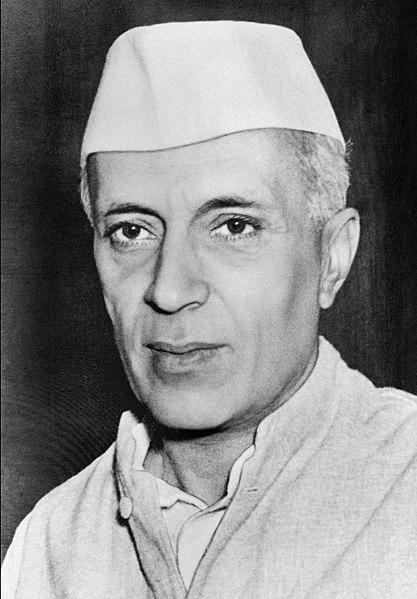
Jawaharlal Nehru, the first Prime Minister of India
Israel gained its sovereignty, and then, when the first President died in 1952, the Israeli Ambassador to the United States met with Einstein, proposing his desire to become the next President. Despite his long career as a champion of social justice, Einstein refused.
Originally replying to Einstein's response to the offer: " I was deeply moved by the invitation from Israel, and also very sad and embarrassed to be unable to accept it ."
Einstein's active political life helped him use his reputation in favor of the good and ideals he pursued. However, he also understood his limitations, accepting a position that he felt was not suitable no matter how great the position was.
Reference: thevintagenews.com